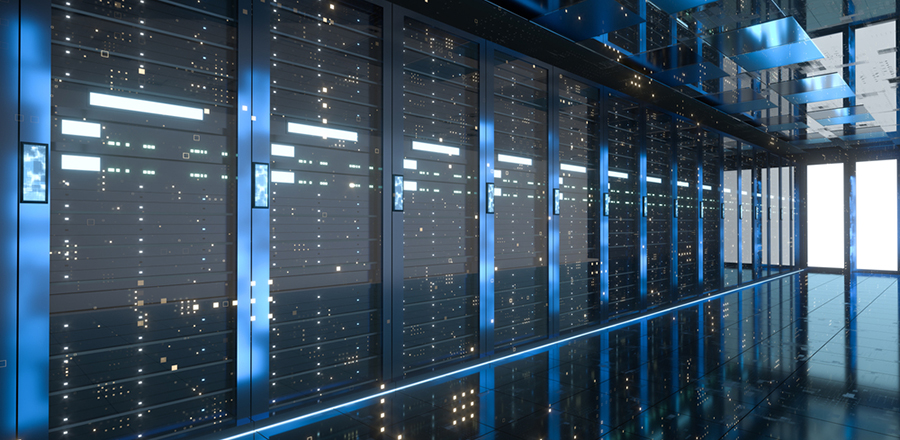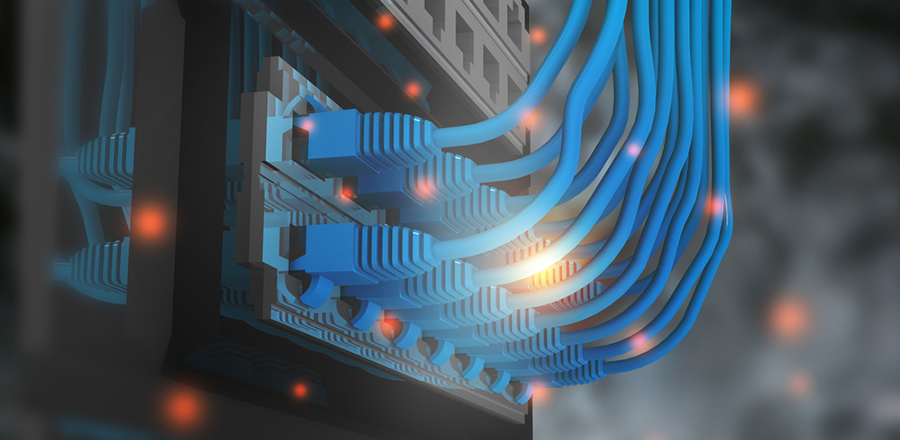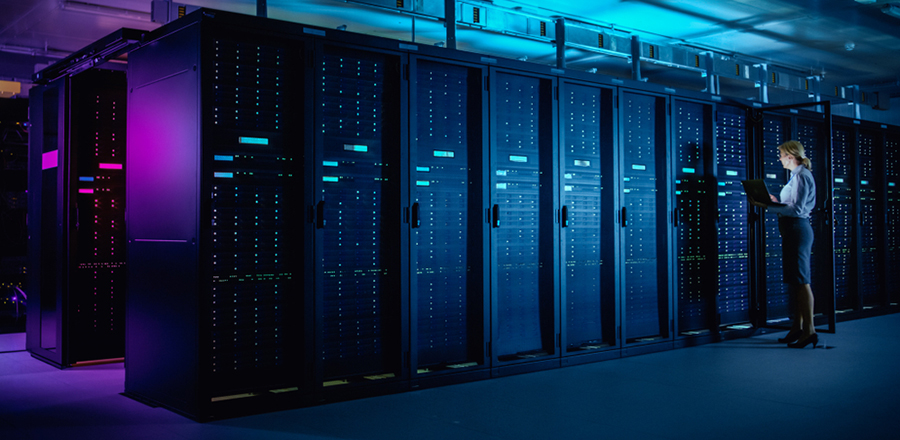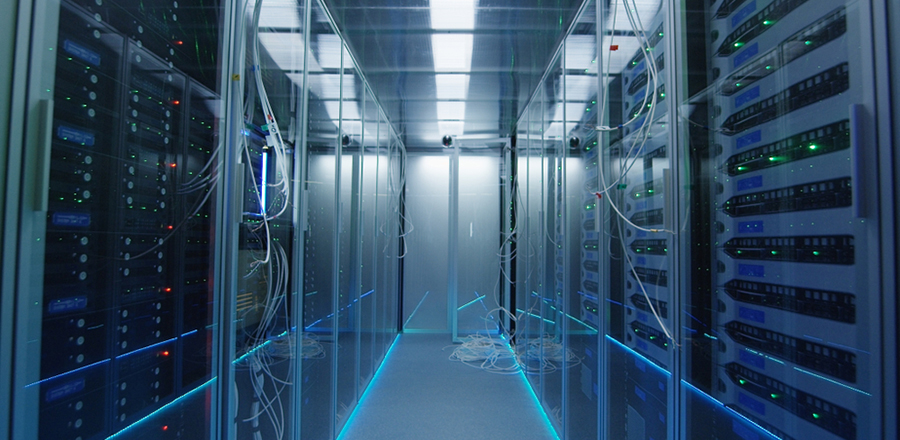Network firewalls are encryption tools that block and prevent unwanted access to personal connections. You can set up a protocol to establish a firewall configuration that shields your machine or the network from malicious traffic, and almost all communications trying to cross the channel need to pass through the firewall rule configurations that intercept all traffic by default, and the configurations set on certain criteria allow specific traffic to pass through known services.
Networking firewalls are located mostly on the frontline of such a network, serving mostly as links between public and private machines.
Whenever a computer is linked to Ethernet explicitly to something like a freely searchable interface, each network infrastructure potentially being operated on the system can become vulnerable despite firewalls.
You can modify host-based firewall settings so that all information attempting to leave or enter your system is reviewed, and it sends alert messages in case of a threat. In addition, the settings may reject requests that do not meet certain specified security requirements.
Every data network connected through the internet could be in danger of being hacked. Such networks are susceptible to malware and virus attacks without a firewall.
Therefore, the system administrators must ensure the clients access the services they need while maintaining legitimate access and denying hackers, malware, worms, and other harmful programs attempting to enter the secure system.
You can suspect a malware or virus attack if you find strange software on your device or have unrecognised devices on your network. For example, you get pop-up messages from unknown sites asking you to fill in personal details, login credentials, bank details, or even other confidential information as with user data.
Despite this, from a security standpoint, Ethernet cables make your connection more secure than Wifi, as a hacker needs to access its cable and router to attack the device.
 What is the Firewall?
What is the Firewall?
A firewall is a networking protection system that monitors inbound and outbound traffic on your network and manages and prevents data packets based on a set of security rules. Its goal is to create a filter to block malicious network connections on the intranet or internet, which may include bugs and ransomware.
Attackers can use emails to target certain networks and encourage users to download the infected file. They can also attack public IP addresses on the server to update their C&C systems.
A software firewall is a mechanism that manages transmission via sequence numbers and programs. A firewall can be secure, but hackers can bypass any application or OS with certain vulnerabilities.
In contrast, the hardware-based firewall is a part of your network-Gateway equipment - a physical appliance that enforces restrictions on the network.
What is the Generation of a Firewall?
The capabilities of firewalls are classified into three generations - Packet filtering, Circuit level and application layer firewalls.
First-Generation:- The first Generation has basic capabilities. These are stateless packet filtering firewalls that analyse the content headers of the individual packets to asses the IP addresses of the sender and the receiver. However, it solely depends on filter packets for system security, and the visibility is low.
The second generation: -There are various limitations in the first-generation scheme, so the industry moved to get a second-generation firewall. It was much better than the first generation in terms of traffic visibility. It also introduced sessions. The second generation was Proxy firewalls that operated on the application or session layers.
The Third Generation: - The third Generation is like the combination of the previous two generations and other functionalities. The flag values allow authentic packers to be paired with appropriate sessions while spoofed packets are filtered out. Other functionalities are as follows:-
Website Filtering: - It helps filter websites based on criteria like keywords or banned words. Google and other search engines use this application to enhance browsing results.
IPS: - Intrusion prevention system monitors any malicious attacks in the network and computer.
Application Firewall: - As the name suggests, it controls and monitors the safety and security of all sorts of applications at different layers.
Antivirus: - Antivirus monitors, controls, and eliminates any virus or malware that may impact your computer functionality.
Active Directory: - It is a type of advanced identity management integration. Here a user needs to establish their identity before logging into the system.
Bandwidth Management: - Bandwidth Management helps improve services by providing adequate bandwidth.
The fourth generation is based on dynamic packet filters that guard against intrusions by developing ACLs for new sessions.
And the fifth generation functions on the application layer that can analyse the packets through a virtual network. Like a proxy, Gen 5 handles info remotely but offers fasters results by using the processing power of the kernel.
 How does a Firewall work?
How does a Firewall work?
A firewall tracks anything which appears to be going around through your device. The firewall controls all data transmission to enable a 'rational approach' to be entered; however, it prevents 'incorrect data.' For monitoring access through the channel, firewalls utilise perhaps a variant of the three approaches-
Stateful Review
The practical approach for firewall monitoring is where several information packets are not scanned deliberately; instead, the firewall monitors the states of all traffic on a network to track and defend the traffic patterns. It is called a 'stateful review.'
A firewall can work on domain-specific DNS servers to forward requests from one DNS to another DNS server, depending on the requested domain.
These characteristics, commonly referred to as the "state" of that same link, often include information like the Proxy servers and access interfaces or packet sequence numerical digits. The firewall correlates information to the replica of that same transmission held in the archive.
Proxies
A framework that provides an interface amongst devices is a firewall proxy server. The firewall gathers data from the web and transfers it to the requesting device or, conversely.
A proxy firewall is an advanced security system that operates layers 3, 4, 5 and 7. Firewall routing protocol runs on firewall packet headers, and the interaction is pushed via the gateway from both edges of a network.
It is designed to scan small application-based traffic where it accepts and forwards connection requests and facilities connection points between individual computers and the internet.
They work by setting up and operating a firewall mechanism that represents a service that seems like executing at the definitive hosts, hence centralising all data transfers through the monitoring firewall.
Filtering data Packet
In packet filtering, a single device can filter the entire network. It works on the source IP address, destination, source, and destination port. It can be extremely fast and efficient in scanning traffic. It can be static, stateful, proxy, application based or transparent.
Types for the Firewall
Firewalls have been used for protected household and industrial connections, where all data that travels via the gateway is sifted by basic firewall software or system. The method sometimes adjusts according to the user's needs and firewall capability. Any key firewall form blocks malicious data from being sent across the network.
Next-Generation Firewalls:
It is part of the third-generation firewall technology designed to handle advanced security threats at the application level.
Firewalls Application Layer:
It can be a buffer, a database socket, or a device.
Encryption: It sets safety measures over specified applications, including FTP servers, and specifies HTTP link regulations.
Stateful Firewall:
It increases accessibility and broadens the data access's precision where nodes and port interfaces aren't further distinguished. However, the context of a packet is evaluated throughout the server database.
Firewalls Proxy Server:
It scans all requests entering or exiting a channel by creating a proxy that acts as an intermediary computer that connects to the proxy. It initiates a new network based on requests and creates a mirror of information transfer.
It prevents direct connections and packet transfers between either side of the firewall. So the intruder could not get the location details in the packet info.
Firewall Packet Filtering: The process monitors certain data packets and approves or rejects them as specified, mostly established by a client.
Firewalls at Module Level:
Each form of firewall implements a range of protection protocols after establishing a UDP or TCP link. Upon forming the link, packets are immediately transmitted amongst domains without further supervision or sorting.
 Why are Network Firewalls Important?
Why are Network Firewalls Important?
Nowadays, firewalls use a combination of different strategies. For example, a network-based firewall could be a physical device or a virtualised machine. But whether a physical or a virtual device, a firewall could provide many features to protect one part of our resources from unwanted intrusions.
In this topology, firewall rules are set for certain resources we are trying to protect, and everything else could be considered untrusted or less trusted. So, for example, the firewall could say no to anything trying to come in from a less trusted site like the internet or the intranet.
However, if we need to make exceptions, we can do what I refer to as poking little holes in the firewall to allow just the types of traffic we want via our network.
And that may include certain types of network traffic from the official networks like branch offices to the headquarters location or traffic from some internet users.
What is a Firewall in Computer Networking?
Firewalls are deployed to provide safety by controlling information going in or out of the network. Firewalls are getting fancier, and there is a term called NGFW for the next-generation firewall. So a next-generation firewall can provide advanced security features.
For example, it can provide intelligent systems that learn information from the cloud. Another term often used is UTM, which stands for unified threat management and can incorporate many features into one.
A firewall with threat intelligence sees traffic coming from risky locations. It can detect source addresses from those source locations and can start to drop them. Or at least put those on higher suspicion before letting them go through the network.
Many companies have their servers in the cloud, and they integrate hardware or a traditional firewall to protect their data.
 Why do we use Firewalls in Networking?
Why do we use Firewalls in Networking?
The additional feature firewalls can provide URL filtering, where you can block websites or links from loading on your company network. So even if an employee using the company's internet tries to visit certain URLs or click on links, they will be restricted and may get a notification that the URL's content is blocked.
The firewall can say yes to certain websites and certain categories and no to others. For example, it is useful when we store sensitive data and private information in our organisation's database, like social security numbers and credit card numbers, that we don't want to be hacked.
So if the firewall scans traffic and sees stuff like credit card numbers or social security numbers, it can drop that transmission to prevent data loss.
Many such firewalls can analyse all the traffic going through them and provide intrusion detection and prevention services.
And because the firewall is between the two networks, if it sees something virus-related or malware-related that looks like an attack or malicious content or certain types of attacks that try to get into internal networks, the firewall doesn't allow them and drops the incoming traffic.
Software vs Hardware Firewalls
A system or network comprises a combination of hardware and software interfaces. Both are essential for the proper functioning of the system. Firewalls can be of two types:-
A hardware firewall builds a bridge between your computer and the network(Internet or intranet). It monitors all the data passing by and blocks unsafe packets for your computer.
Various hardware of this sort are available in the market, but you need some expertise to set up the hardware firewall. Depending upon the requirements, you may also go for the installation of more than one hardware firewall.
Software Firewalls
Software firewalls are very effective, but you need to install them on every individual's computer. Software firewalls allow programs to run in a safe environment as it blocks malicious programs. It also monitors outgoing data.
Software firewalls have some drawbacks; a software firewall requires installation, updates, and proper administration for proper functioning. In addition, it takes a lengthy process to clear traffic and sometimes hampers people's work. At the same time, a firewall with website filtering is not required when working on an extended intranet network.
Combining Both:
The experts suggest that a combination of both must be employed to get proper protection. The hardware firewall will block any malicious attacks from unrecognised networks, and the software firewall will monitor incoming and outgoing data. The combination of both helps create a robust, safe, and secure environment for preventing intrusions via risky connections.
 What is a Firewall in Network Security?
What is a Firewall in Network Security?
There are two stages of a network firewall: - Hardware and software. Hardware firewalls are installed between the interfaces of two or more devices, and software firewalls are installed on every device.
For more than 20 years, the firewall has been helping businesses and industries in managing their network security. Network firewalls establish a roadblock between secured and unsecured data. It allows data from a trusted source and blocks any data from untrusted or unauthorised places.
In that way, it keeps the network safe and sound. Furthermore, it scrutinises network activity and helps create a secure network by reviewing and permitting incoming and outgoing data.
We all know that network is mainly used to transmit data traffic from one device to another. However, the network is also used to transfer data from the server to various computers.
Therefore, any malicious attacks on a network will hamper all the computers connected. It may also lead to data theft or cause damage to the integrated hardware system.
Conclusions: - Millions of viruses and malware are floating into and between the devices trying to enter your systems and block your device resources. Firewalls help monitor and block such attacks and firewall security.
Firewalls are like traffic police who regulate network-based traffic. They have certain rules to allow or prohibit the flow of traffic. In addition, all the components of a firewall are stored in the digital world safely.
A stateful firewall monitors all aspects, like the channels and characteristics of the traffic streams. It filters data based on state and context and can identify the TCP stages, encryptions, packet status and other details to block restricted content. An application proxy is a layer that sits between the protected network and the network you want to protect.
With every request, the application intercepts the requests to the destination device. A next-generation firewall provides features beyond the traditional stateful as it works on deep packet inspection beyond the port or protocol inspections.
However, you may face the threat of security hacks if you do not have a firewall on your device. One of the aspects of firewalls is that we can have them on local devices, sometimes called personal firewalls, that are devised in a manner that does not allow any traffic into the system.









